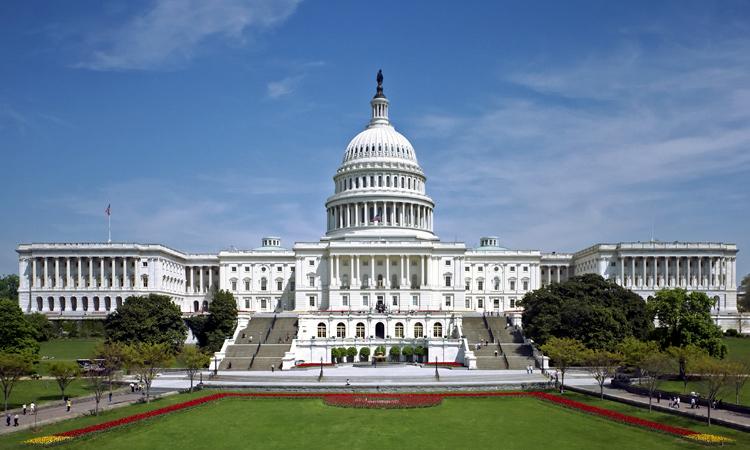Government Takes Strides to Alleviate Period Poverty in Ghana
Period poverty is a pressing issue affecting many girls and women in Ghana. The lack of access to menstrual hygiene products often leads to absenteeism from school and work, which can impact the overall empowerment of women in society. Recognizing this challenge, the Ghanaian government has begun implementing various measures to address the issue.
Understanding Period Poverty in Ghana
In Ghana, it is estimated that a significant percentage of girls may miss school during their menstrual cycles. Factors contributing to this situation include the high cost of sanitary products, cultural taboos surrounding menstruation, and inadequate access to sanitation facilities. As a result, the government has prioritized tackling period poverty as part of its broader vision for gender equality.
Government Initiatives and Collaborations
The Ghanaian government has launched initiatives aimed at providing free sanitary products to schoolgirls. These programs are often in collaboration with various NGOs and international organizations that support women’s health. Such partnerships are crucial for extending the reach of these initiatives and ensuring that more girls have the resources they need.
Education and Awareness Campaigns
In addition to providing products, education plays a vital role in combating period poverty. The government has introduced awareness campaigns to destigmatize menstruation and educate both boys and girls about menstrual health. This approach not only supports girls but also fosters a more inclusive understanding of the challenges faced by women.
Future Steps and Community Engagement
Community involvement is essential for the success of period poverty alleviation efforts. The government encourages local organizations to participate in initiatives, ensuring that efforts are tailored to the specific needs of different communities. As these programs evolve, they will require ongoing support from both the government and society at large.
For further insights on this important issue, you can read more here.
Conclusion
Efforts to alleviate period poverty in Ghana represent a significant step towards gender equality. By addressing both the supply of menstrual products and the cultural barriers surrounding menstruation, the government is paving the way for increased opportunities for women. Sustainable progress requires the continued commitment of all stakeholders involved.

